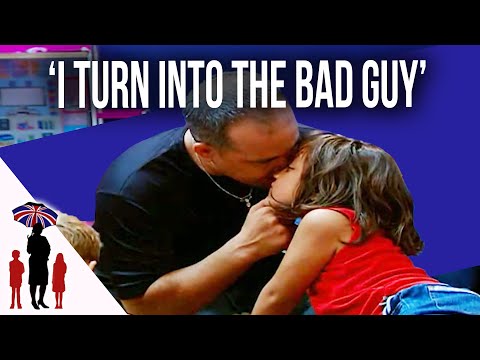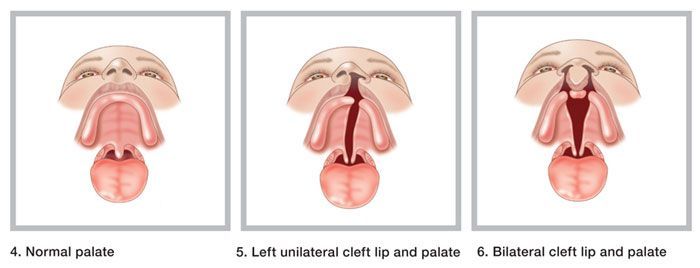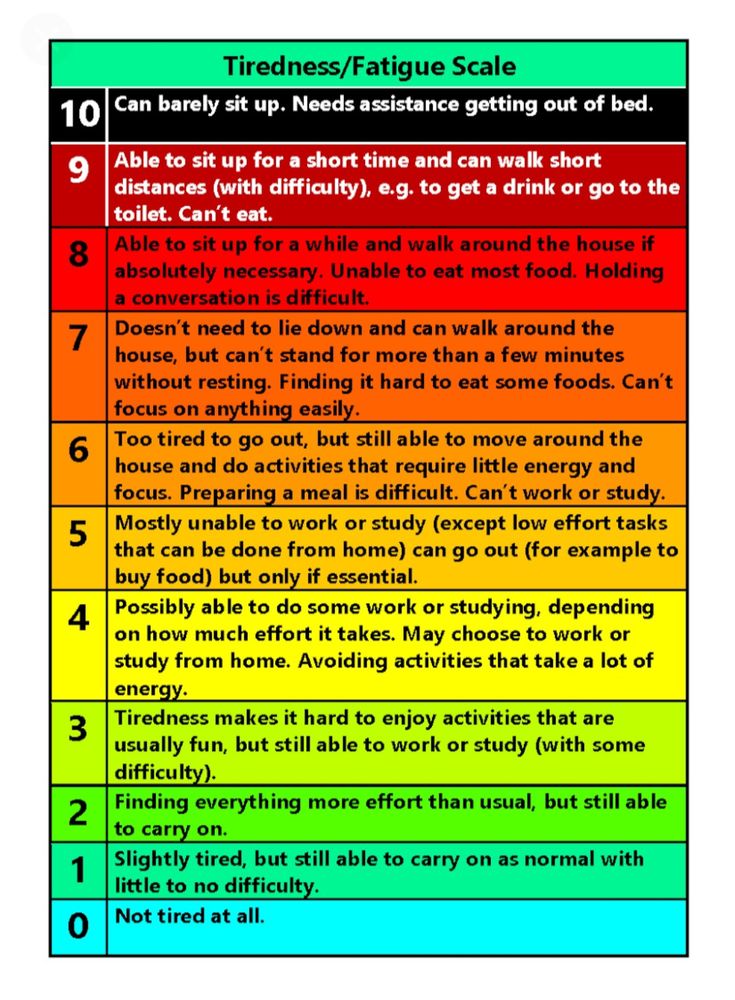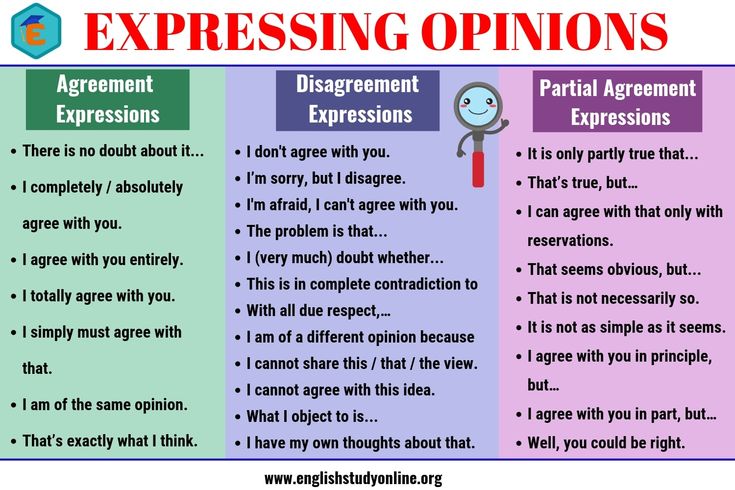How hard is it to adopt an older child
What I Wish I Had Known About Adopting An Older Child
Parenting
by Elisha Beach
Updated:
Originally Published:
eyecrave/Getty
My adopted son joined our family when he was nine years old. My husband and I had never planned to adopt a child, but his need for a home came about because of a family emergency and it was a bit complicated. My husband and I didn’t hesitate. We knew adding an older child to our family would be challenging, but we believed we could offer him a loving, safe home to grow up in.
But there was no way we could know all that could come along with adopting an older child.
Our adoption story is not the norm. My son is actually my cousin. His birth mother is the youngest of 10 kids; my father is the oldest. His mother was also adopted. And his need for a home came about because she suddenly became very ill due to complications with diabetes. Although our adoption story is a bit complicated, we still experienced much of what typically happens in the adoption process.
I thought that we would be able to quickly gain full custody of my son due to the fact that we had the full support of his birth mom. But the foster care system and family court can be very complicated entities. I was not prepared for how long and arduous this process can be. What I thought would take months turned into an almost two-year process to get full legal custody of my son. Court dates were pushed back several times, or we would make it to court and some random piece of paperwork was not in place and the date would have to be rescheduled. And even after having legal custody for over five years now, the full adoption process is still not complete.
With older kids, the adoption process can also be complicated by birth families. It is not uncommon for members of a child’s birth family to contest the adoption. Usually the goal of the foster system is to reunite kids with their birth parents or other family members, and they will try to exhaust all possibilities before allowing a child to be adopted. That can make for a very complicated process. In our case, my family was the birth family — and although they were supportive of the adoption, we did have to face contention of custody from his birth father. And there is just no getting around how heartbreaking all of that can be.
It is not uncommon for members of a child’s birth family to contest the adoption. Usually the goal of the foster system is to reunite kids with their birth parents or other family members, and they will try to exhaust all possibilities before allowing a child to be adopted. That can make for a very complicated process. In our case, my family was the birth family — and although they were supportive of the adoption, we did have to face contention of custody from his birth father. And there is just no getting around how heartbreaking all of that can be.
Separating a child from their birth family is traumatic, whether they come from a neglectful or abusive background or not. The older the child is, the more aware they are of what is happening. My son had to move across the country to live with a family he barely knew and adjust to an entirely different way of life. He was suddenly in a home with other kids, being parented by new people, and had to adjust to a new school all at once. Not to mention, he was fully aware of the fact that his mother was very ill and he may never get to be with her outside of a hospital again.
Not to mention, he was fully aware of the fact that his mother was very ill and he may never get to be with her outside of a hospital again.
We knew counseling and family therapy would be a must. Our kiddo had a lot of feelings to process, and his feelings often showed up in angry outbursts and sometimes even shutting down completely. Like many adoptive parents, I wished I could take all of that on for him. I never imagined how hard it would be for him, and all we could do was provide him with the support he needed and lean into the help of professionals.
The older the child, the more history they may come with. That history likely comes with some very big feelings that no child should have to feel. And they will need a great deal of support processing all those feelings. That is something you will definitely need professional support with — and you have to give it the time your child needs.
The other thing that came up for us was helping our birth children adjust to having a new family member. We had two kids prior to gaining custody of my oldest son. We realized that the shift in birth order for our first born child was quite an adjustment that we had not anticipated. Our firstborn went from being the oldest child to the middle child. He was not very happy with that change at first, and was sure to let us know. Thank goodness over the years, the two of them have grown quite close to each other and now like to team up to annoy the crap out of my youngest two.
We had two kids prior to gaining custody of my oldest son. We realized that the shift in birth order for our first born child was quite an adjustment that we had not anticipated. Our firstborn went from being the oldest child to the middle child. He was not very happy with that change at first, and was sure to let us know. Thank goodness over the years, the two of them have grown quite close to each other and now like to team up to annoy the crap out of my youngest two.
We also had to come to terms with the fact that the way we practiced parenting was not how our adopted kid was used to being parented. First and foremost, he came from a single-parent home, so having an active dad in the home was a bit of an adjustment for him. We also had very different rules, expectations and ways of communicating in our family. It was a learning curve for all of us and required quite a bit of patience, reiteration and lots and lots of communication.
We probably overkill on the communication, but I have always wanted my son to understand why we are doing things a certain way or asking certain things of him. I know that he sometimes struggles with feeling like an outsider and I want to be sure to do everything in power to circumvent any of those feelings. I never want him to feel like he doesn’t belong. But joining a family as an older kid can definitely make a child feel that whether they want to or not, and it shouldn’t be up to them to create an environment where they feel wanted and loved.
I know that he sometimes struggles with feeling like an outsider and I want to be sure to do everything in power to circumvent any of those feelings. I never want him to feel like he doesn’t belong. But joining a family as an older kid can definitely make a child feel that whether they want to or not, and it shouldn’t be up to them to create an environment where they feel wanted and loved.
Adopting any child is a rollercoaster ride of unexpected ups and downs. And there is no way you can fully understand the level of patience and understanding until you are deep in it. But you have to be in it for the long haul, because at the very least an adopted kid should have a home where they feel loved, accepted and safe.
Unfortunately, we lost my son’s birth mother a little over three years ago. But I am so happy that we were the ones to be there to love him through that pain. He has grown from a hurt, scared, and unsure kid to a confident, thriving, and yes, annoying teenager.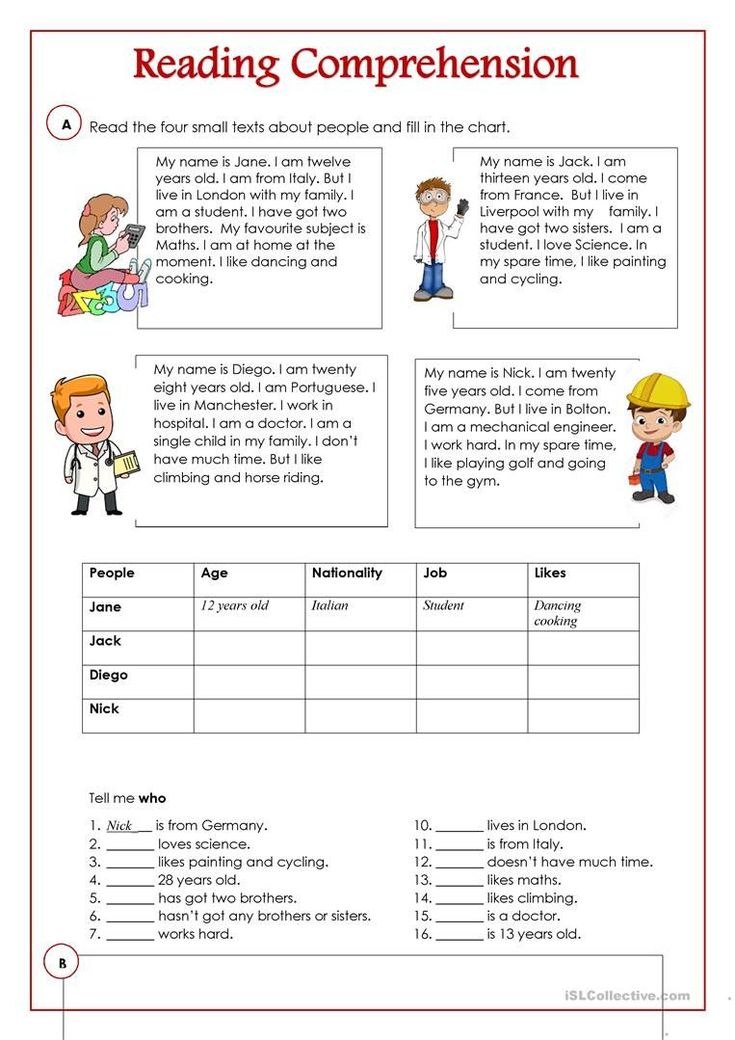 He has all the normal mood swings, everyday eye rolls, and sweet moments of growth all rolled up into an awkwardly tall and skinny body. Every day still presents learning opportunities and chances to grow, but even knowing what I know now, I would adopt my son 1,000 times over.
He has all the normal mood swings, everyday eye rolls, and sweet moments of growth all rolled up into an awkwardly tall and skinny body. Every day still presents learning opportunities and chances to grow, but even knowing what I know now, I would adopt my son 1,000 times over.
This article was originally published on
11 Key Points to Adopting Older Children. The Ultimate Guide
Have you ever considered adopting an older child? The thought of adopting an older child may seem daunting at first, but there are so many excellent resources offered by Christian Family Care to help you not only through the process of adopting an older child, but also in life long after the adoption process is completed.
1. What is considered an older child adoption?
Most people may not realize an “older child” in the foster care system is considered between the ages of seven and 17 years old. It’s tragic to think so many kids will age out of the foster care system without ever being in a permanent home.
2. Older Child Adoption Statistics
According to the Department of Child Safety, in 2020, over 700 kids in Arizona aged out of the foster care system without a permanent home.
- Once a child turns seven years old they are seven times more likely to be placed into a group home when they’re removed from their birth family.
- Children between seven and 10 years old are 11 times more likely to be placed into a group home and it just gets worse from there.
- By the time a child reaches 15 years old, about 50 percent are going to go into a group home.
- Only three to four percent of youth who age out of foster care earn a college degree.
- Over 70 percent of girls who age out of foster care become pregnant by 21 years old.
- One in five youth who age out of foster care becomes homeless after turning 18.
- And, only half of youth who age out of foster care have a job by 24 years old.
- Of the over 200 families in Arizona certified to adopt, there is less than 40 that want to adopt a child 12 years old and older.
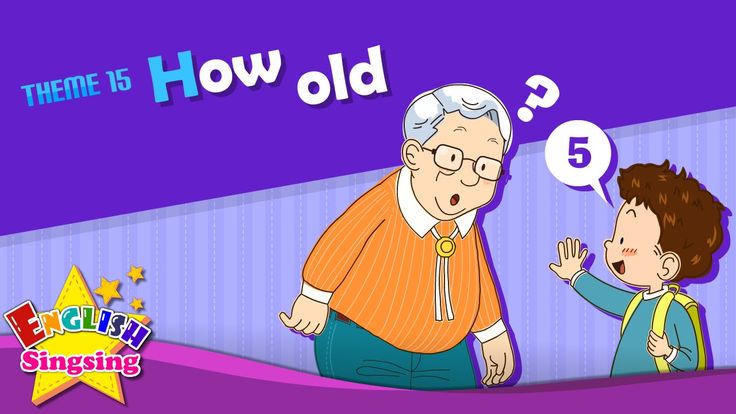
3. Christian Family Care is working to break down these heartbreaking statistics
Christian Family Care is looking to place 131 kids in Arizona into permanent, Christ-centered homes. Meet our adoptable youth here.
Christian Family Care is making an annual impact with 228 adoptions last year!
55 percent of families we certified between 2016 and 2020 have finalized an adoption, or are awaiting finalization through Christian Family Care.
40 percent of the kids were over six years old.
We only have six waiting families currently. Those families have been waiting an average of ninth months. We have 10 families placed with kids, awaiting finalization.
How many kids want a forever home in Arizona?
According to the Department of Child Safety, there are 13,581 children in the foster care system.
Number of older kids adopted each year in Arizona
In 2020, only 2,727 children in total were adopted.
4. Who should adopt an older child?
A good candidate for someone to adopt would be someone with good stress management skills and an awareness of how their own struggles can play into the dynamics of adoption.
Parents who can clearly articulate and remember their calling are able to provide more of what their children need because they have a great perspective to keep in mind when times are hard.
Good conflict-resolution skills are also helpful. The goal is not to parent perfectly, but to repair the relationship after rupture so that the relationship can keep building.
Having outside perspectives from other parents and mental health professionals can help parents with this. Maintaining healthy relationships at all levels (parent to parent, parents and children, sibling to sibling, family to professionals), etc. is key to success.
Trauma happens in relationships, and it heals in relationships. Adoption is intended to be a healing relationship.
Parents need lots of co-regulation and support as they adopt children. Through Christian Family Care’s adoption and foster care specialists and through our ministry, Arizona Family Counseling, we can help support you throughout the entire adoption process and afterward throughout the rest of that child’s life.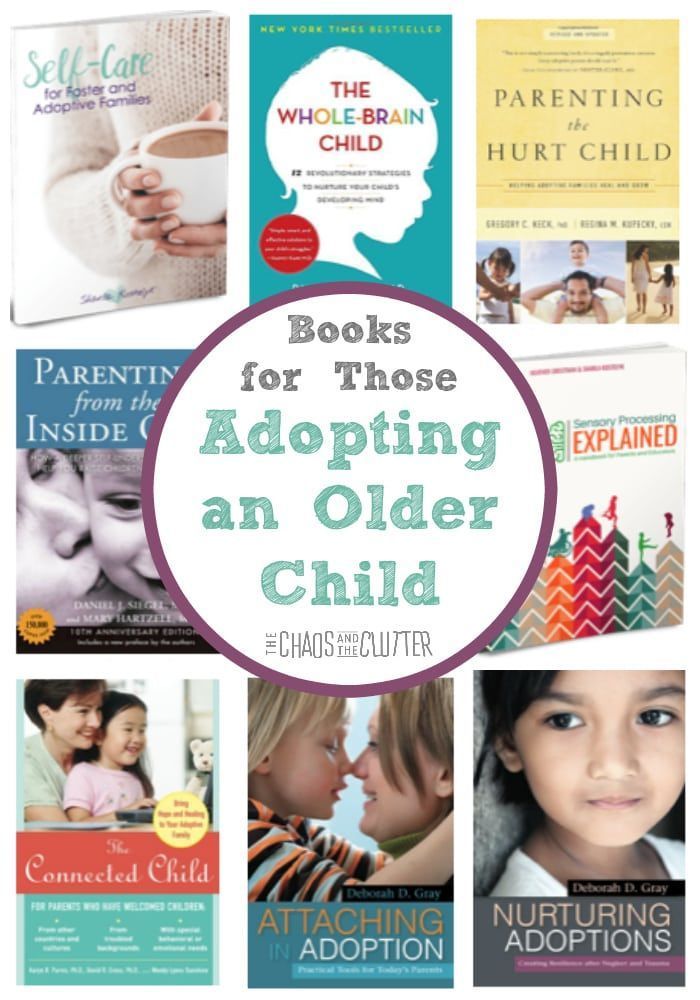
5. The number of teens in foster care
There are currently 3,303 teens between 13 and 17 years old in the foster care system in the state of Arizona.
There are currently 7,428 “older children” between six and 17 years old in the foster care system in the state of Arizona.
6. Adopting a five-year-old from foster care
Children who come from previous hardships are oftentimes all over the place developmentally. Depending on the age of the child you adopt, there may be different needs that specific child has.
Littler kids may have preverbal trauma that they store in their bodies and act on. For example, children around the age of five may one minute be acting more like a toddler; kicking, screaming and throwing themselves on the floor to get their needs met. The next minute, they could be acting like they are 18 years old getting everything for themselves, and wanting control over everything they do.
The next minute, they could be acting like they are 18 years old getting everything for themselves, and wanting control over everything they do.
The child might even tell you they don’t need parents and can take care of themselves. Or, they may never be able to explain why they are doing the things they do, but these young kiddos can benefit from steady, secure caregiving and co-regulation.
As soon as you address the age they are acting, they return to behaving, playing, and acting like a five-year-old. This is often because children who did not have their needs met early on in life, use behaviors to express those needs.
This is why we often see older children behaving like toddlers. They missed out on having a healthy connection with a caregiver when they were younger and struggle to regulate themselves when they feel their needs are not being met. This is similar to what a toddler does when they want something, and they don’t see their parents immediately answering their request.
When we often see children acting beyond their years, we call these kiddos “parentified”. Parentified behaviors are often also seen when children did not have adults meeting their needs, so they needed to meet them for themselves.
Much of this content comes from the team of therapists at Christian Family Care’s ministry, Arizona Family Counseling. AFC is always here to help families with children no matter their age. The services and team of experts specialize in traumas that children from the foster care system may have experienced.
Our therapists work one on one with a child and parents to help strengthen the family unit and ensure the child has a good foundation to help them grow to be successful adults.
Christian Family Care also has a variety of helpful online parenting classes available through the Family Care Learning ministry.
See a list of classes here.
7. Adopting a 10-year-old from foster care
Parents adopting a 10-year-old need to be aware that they aren’t simply adopting an average 10-year-old.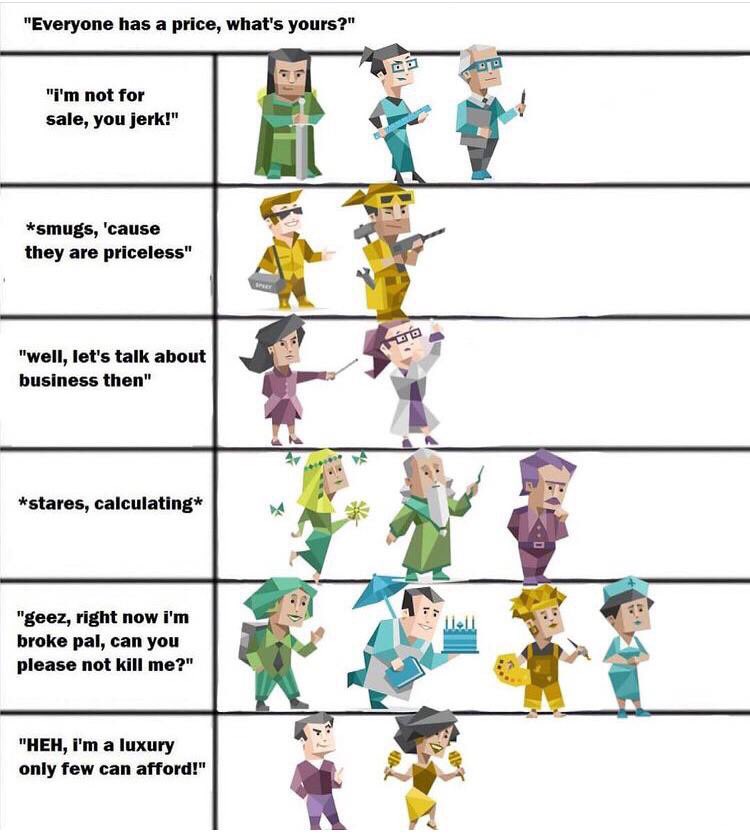
We often see older kids going to and from acting at various ages due to their needs not being met when they were younger. Parents who are wanting to adopt older children so they do not have to deal with toddler-like behaviors need to recognize that they WILL be adopting a young child regardless of age, due to the lack of development early on in life.
Parents also need to consider that children at this age are going through the added stress of having to fit in socially at school with their peers and do well academically. Children who have experienced hardship often struggle in school because they maybe missed some grades, had stressors at home, were behind in school because of moving from placement to placement, etc.
Parents need to be aware of the challenges our school kiddos often face and be open to school not being the number one priority for the kids, being okay with poor grades, and needing to do school differently.
Parents of older children may also need to understand that some older children have memories of their biological parents and may not want “replacement” parents. They may not call adoptive parents Mom or Dad, even if they have a relationship with those people. Relationships can be good, just different.
They may not call adoptive parents Mom or Dad, even if they have a relationship with those people. Relationships can be good, just different.
Older kids remember things that have happened to them and experience the world differently. It benefits them to have the chance to have parents who love them and can let them be kids, but sometimes they struggle with that.
8. Adopting a teenager from foster care
The ages adopted teenagers often show are also all over the place. Just like what has been mentioned above. In addition to needs not being met early in life, to the potential struggles in school, we have hormones being added to the mix.
Research tells us the brain does a re-wire in the teenage years. Parents need to be open to considering all that has been mentioned above in addition to knowing that a teenager’s logical brain still has over 10 additional years to develop.
If that teenager has experienced hardship and started life surrounded by trauma, it can take even longer for their thinking brain to develop.
When we ask our teens what they were thinking when they did something wrong or unsafe, we could argue they weren’t really thinking because their logical brain was not fully developed and possibly underdeveloped.
Adoptive parents may need to consider forming a team of people to address the child’s specific needs related to their behaviors including, but not limited to primary and specialty care doctors, mental health professionals, occupational therapists, speech therapists, and educational advocates. (Watch our Family Care Learning Podcast Episode 10 on this topic here).
Parents also need to recognize that it is not a matter of if but when their adoptive child searches and tries to have contact with their biological family.
It is often too easy for our teens to make contact using social media. It is important parents are willing to have open conversations with their children about their biological family and even have contact if appropriate. This way our teens are not searching alone for their biological family, but we are supporting and processing this longing to know their family together.
9. How long does an older child adoption take?
The process can take time. It depends a lot on what child you’re equipped to parent as well. The more open you are in the age range of children, the behaviors you can parent through, and the needs of children who have experienced neglect, abuse, and other trauma, the more likely we are to match you to a waiting child.
The Department of Child Safety Specialist ultimately decides which family is selected for adopting an older child. They are looking for which family can best meet the child’s emotional, social, physical, intellectual, safety, and mental health needs.
Some families are matched within a few weeks of being certified and others wait years.
10. What does it cost to adopt an older child?
Adoption costs vary depending on how you go about adopting and which agency you choose. There are some ways that you can help fund your adoption. Adopting an infant can cost up to $24,000. However, adopting a child from the foster care system costs nothing.
There is an $800 home study fee that you will get refunded when the adoption is finalized. Other than that additional costs would consist of food and clothes for the child, medical expenses, insurance, etc.
Adoption Tax Credit
You may qualify for the adoption tax credit if you are adopting an older child and paid out-of-pocket expenses relating to the adoption or if you adopted a child with special needs.
The federal adoption credit provides significant and important savings for all but the wealthiest families. While it’s not refundable, the credit can be carried forward for up to five years, too—which may significantly reduce your tax burden over time.
There’s also an Arizona Adoption Expense Deduction that you may qualify for based on your adoption expenses.
In either case, you will need to speak with your tax professional.* To learn more, please visit the North American Council on Adoptable Children’s tax credit page.
Adoption Subsidy
A combination of state and federal funds of $2,000 may be available to families who adopt a child with unique needs. Additional long-term benefits may be available if you adopt a child with special needs.
Services available to older adopted kids
- FAFSA – Independent Status
- ETV Voucher and Tuition Waiver
- Medical benefits available
- Mental health benefits available
Employee Benefits Programs for Adoptive Families
Many companies offer adoption benefits to their employees. These often include unpaid leave and direct reimbursement up to a certain amount upon placement.
If your employer does not currently offer adoption benefits, ask about their availability: You may be able to convince your company to offer them.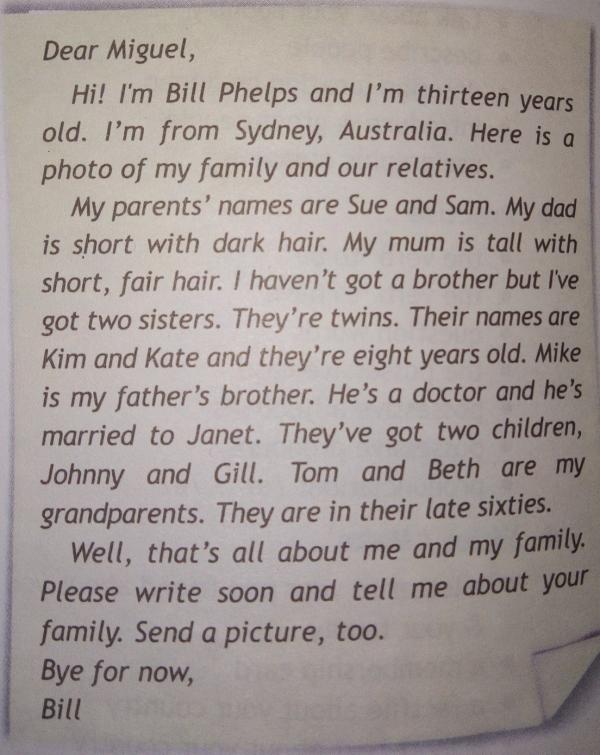 Your employer may also have an Employee Assistance Program (EAP). This benefit helps employees deal with unusual personal situations or problems.
Your employer may also have an Employee Assistance Program (EAP). This benefit helps employees deal with unusual personal situations or problems.
Adoption Loans and Grants
The National Adoption Foundation distributes grants to adoptive parents four times a year.
They also provide adoption loans. While it’s not ideal to borrow money, adoptive families may find a loan necessary—especially if they’re waiting on a tax credit or employer reimbursement to make ends meet.
Additionally, some banks offer low-interest loans or credit lines for adoptive parents.
If you have further questions, please contact CFC here.
* Disclaimer: The above information is meant to serve as a basic understanding of the federal adoption tax credit and Arizona adoption expense deduction. This summary does not constitute personal tax advice to the reader and is only offering general information. You should seek professional advice for your own situation as the most appropriate tax planning depends on your personal circumstances.
11. Challenges adoptive parents face when adopting an older child and helpful tips to navigate those challenges
Forming a bond with an older adopted child is different than forming a bond with a biological child. The biological bond starts in the womb.
The adoptive bond starts on the day parents meet a child. This is not to say that parents and older adopted children cannot bond with their families, but that families need to moderate their expectations, or perhaps grieve and let go of their expectations so that they can form the relationship with the child that God has designed for them to have.
Many parents want younger children because they feel they have experienced less trauma and will have fewer behaviors. However, trauma impacts everyone differently.
Bruce Perry has done research to show otherwise. He learned that a child who experienced trauma in their first 2 months of life but then lived in a stable environment from 2 months to 18 years of age, had more trauma than a child who lived in a stable environment for their first 2 months and then experienced trauma from 2 months to 18 years of age.
Age is not a factor in whether or not our children will have less trauma or overcome their trauma. Younger children who had pre-verbal trauma often have a harder time healing from it.
In regards to our older children, they may have more memories of their trauma. Maybe they were in multiple placements and have a negative belief system that all adults are bad and don’t meet their needs.
Our older children may be longing to return to their biological families and may not want to be adopted.
Adoptive parents often have to grieve the child’s past with them. Leaving biological parents is a huge loss for children. Whether or not the biological parents cared for their children well, many children still want and crave a relationship with them.
Adoptive parents who can understand this and accept it have better success forming a relationship with the child currently in their home.
As adoptive parents, are you willing to adopt an older child who may not want to be adopted and may never show appreciation or love toward you?
Parents regardless of age must consider that adopting a child is like Jesus dying on the cross for our sins.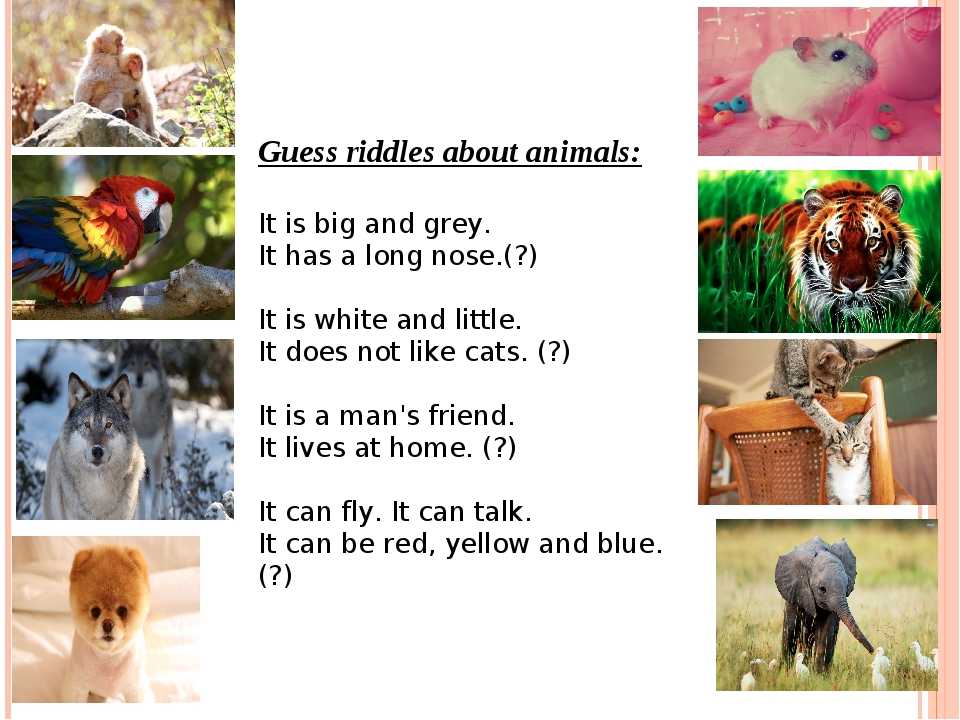 He did it because he loves us and wants to have a relationship with us. He wanted to give us the chance to live for eternity with him. But he did this knowing we could continue to sin, that would deny knowing him, and some would walk away and turn on him.
He did it because he loves us and wants to have a relationship with us. He wanted to give us the chance to live for eternity with him. But he did this knowing we could continue to sin, that would deny knowing him, and some would walk away and turn on him.
As parents, are you willing to die on the cross knowing that by doing so, you are giving someone the opportunity to be forever changed, whether they want it or not? Can you love them anyway?
Want to learn more about how to adopt an older child?
Visit one of our “Understanding Adoption: The School Age Child” Orientation sessions.
During this free 90-minute orientation to adoption through the foster care system, we’ll unpack the myths behind adopting children over six years old, explore the need for adoptive families for this age group, and review the requirements to become an adoptive family. There will be Q&A time available and information on how to start your journey.
There will be Q&A time available and information on how to start your journey.
Click the button below to see upcoming sessions.
Learn More
Also, you can attend one of our upcoming info sessions on fostering and adopting. Click here to see when the next info session will be.
And, for more questions, please reach out to our recruitment coordinator, Julie Mohline at [email protected]. You can also call CFC at (800) 939-5432.
Visit our adoption page on our CFC website here.
Check out our adoptable youth here!
Read our Youth Adoption booklet by clicking on the image below.
How to take a child from an orphanage: instructions for future parents
What is the difference between different types of placement of a child in a family
The current legislation provides for several forms of placement of orphans and children left without parental care in a family: adoption, guardianship and guardianship , placement in a foster family, patronage.
As Naila Novozhilova, head of the Arithmetika Dobra charitable foundation, explained in an interview with Gazeta.Ru, adoption is considered a priority form of placement. This means that the child is accepted into the family on the basis of blood rights and he has all the rights, like children already born to these parents. Adoption takes place through the court at the request of the person or persons who have submitted documents for the procedure. Potential parents must prove that they have the necessary means, as well as housing, to raise a child (or several children). nine0005
“Guardianship (up to 14 years of age) and trusteeship (from 14 to 18 years of age) is the adoption of a child into a family for the purpose of his maintenance, upbringing, education, as well as for the protection of his rights and interests. The guardian becomes the legal representative of the child and performs all legally significant actions on his behalf and in his interests, ”Novozhilova explained.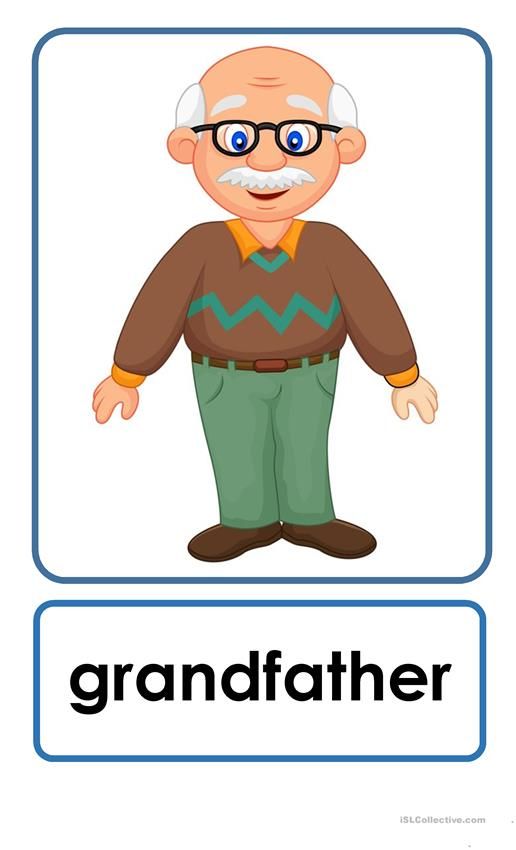 The specialist noted that the duties assigned to guardians are performed free of charge, but at the same time, the guardian receives a monthly allowance for the maintenance of the ward in the amount established by the subject of the Russian Federation where the family lives. Often this form of device is chosen when it comes to accepting a child into a family of close relatives (for example, aunts, grandmothers). nine0005
The specialist noted that the duties assigned to guardians are performed free of charge, but at the same time, the guardian receives a monthly allowance for the maintenance of the ward in the amount established by the subject of the Russian Federation where the family lives. Often this form of device is chosen when it comes to accepting a child into a family of close relatives (for example, aunts, grandmothers). nine0005
How to adopt a child: what should single parents do and what benefits are paid to adoptive parents
Adopting a child is a complicated procedure, both psychologically and bureaucratically...
April 21 12:26
In addition to guardianship and guardianship, there is the placement of children in a foster family. It differs from the first two forms in that the adoptive parents and guardianship authorities enter into an agreement with each other. This document, as Marina Trubitskaya, a hotline consultant for the Volunteers to Help Orphans Foundation, told Gazeta. Ru, includes some additional obligations that parents must comply with. nine0017 “The terms of contracts usually differ depending on the region: somewhere parents are asked to undergo additional training, somewhere they must provide more reporting, somewhere there is always psychological support. In general, the conclusion of the contract provides for close communication with guardianship until the child reaches the age of majority, ”Trubitskaya emphasized.
Ru, includes some additional obligations that parents must comply with. nine0017 “The terms of contracts usually differ depending on the region: somewhere parents are asked to undergo additional training, somewhere they must provide more reporting, somewhere there is always psychological support. In general, the conclusion of the contract provides for close communication with guardianship until the child reaches the age of majority, ”Trubitskaya emphasized.
When placed under an agreement, foster parents, in addition to the child support allowance, receive a monthly remuneration established by the legislation of the constituent entity of the Russian Federation in whose territory the family lives. Usually this form is chosen by those who are not related to the child by blood ties. nine0005
Among other things, a child can be taken under patronage - this form of placement is regulated only by the laws of the constituent entities of the Russian Federation. “As a rule, a patronage educator is or becomes an employee of an institution whose pupil is a child, and performs his functions on the basis of an employment contract and a foster family agreement on the principle of delimiting rights and obligations to protect the rights of a minor (some powers are transferred to a foster educator, which something remains with the administration of the institution),” explained Novozhilova, head of Arithmetika Dobra. The list of powers is usually regulated by the legislation of a particular subject and is prescribed in the patronage agreement. nine0005
The list of powers is usually regulated by the legislation of a particular subject and is prescribed in the patronage agreement. nine0005
In addition to adoption, guardianship and guardianship and patronage, there is the so-called guest custody or temporary transfer of children to families of citizens of the Russian Federation. The experts emphasized that it is wrong to classify it as a form of family structure.
In the case of guest care, the child spends only part of the time in the family (weekends, vacations, holidays), and then returns to the orphanage. The period of temporary stay in the family, as Novozhilova explained, cannot exceed three months, and only in exceptional cases (for example, if treatment is needed) can it be extended to six months. nine0005
On the hotline of the Volunteers to Help Orphans Foundation, they said that the decision to visit a child's family is made by the director of the orphanage, who knows the wards well. “Guest mode is suitable for teenagers, but not for small children - it is difficult for them to explain why they are taken away only on certain days and why they then return to the institution,” concluded the consultant Trubitskaya.
close
100%
What is needed to take a child from an orphanage
The local guardianship authorities have the most complete information about the procedure for adoption and guardianship. Therefore, experts recommended first of all to establish contact with this organization.
A mandatory item in the "resume" of potential candidates for adoption and guardianship is the successful completion of the school of adoptive parents.
Directly for the adoption of a child into a family, the package of documents is practically the same.
"The son broke furniture, fought, threatened with a knife": honest stories of foster mothers
According to statistics, more than a thousand children are returned to orphanages in Russia every year. One...
June 20 11:35
“In all cases, it is necessary to submit an application to the guardianship and guardianship authorities, an identity document and a corresponding conclusion of the guardianship and guardianship authority, issued at the place of residence of the citizen, on the possibility of being an adoptive parent or guardian (trustee) or on the possibility of temporarily transferring the child (children) to family.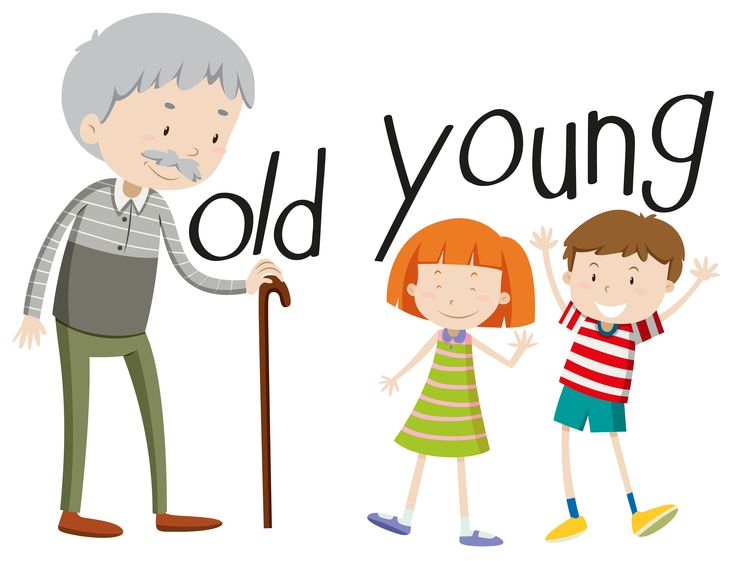 To accept a child under guardianship (guardianship), in a foster family and for temporary stay, it is also necessary to provide a written consent of all adults cohabiting with a citizen, as well as minors who have reached the age of ten years of his family members that they do not object to the transfer of the child ( children) to their families. Such consent is not required for adoption,” said the head of the Arithmetic of Good Foundation. nine0005
To accept a child under guardianship (guardianship), in a foster family and for temporary stay, it is also necessary to provide a written consent of all adults cohabiting with a citizen, as well as minors who have reached the age of ten years of his family members that they do not object to the transfer of the child ( children) to their families. Such consent is not required for adoption,” said the head of the Arithmetic of Good Foundation. nine0005
The application will also have to be accompanied by a document confirming the absence of a criminal record for grave and especially grave crimes. The list of documents includes a certificate confirming that the family has income - the requirements for it differ depending on the subsistence level established in the region.
Where to look for a child for adoption
First of all, you should contact the territorial guardianship authorities, as they are the first to receive information about refuseniks from the nearest maternity hospitals, and about children who, for some reason, were left without parental care. nine0005
nine0005
“The guardianship and guardianship authority, within a month from the date of receipt of information about a child left without parental care, is obliged to send information about him to the relevant executive authority of a constituent entity of the Russian Federation for registration in the regional data bank of such children, organizing his placement in a family on the territory of this constituent entity of the Russian Federation,” said Yury Avanesov, a leading lawyer at the European Legal Service. He clarified that at the same time information about the child is sent to the federal executive body, which will add the minor's profile to the federal data bank on children. This procedure is regulated by the Federal Law of April 16, 2001 N 44-FZ "On the state data bank on children left without parental care". nine0005
close
100%
Is it necessary to take along with the selected child his brothers and sisters
“There is a phrase in the law: “the arrangement of brothers and sisters in different families is not allowed, except when it is in the interests of the child. ” That is, it turns out that guardianship always resolves this issue according to the situation, ”explained Trubitskaya, consultant to the Volunteers to Help Orphans Foundation hotline. It happens when children from the same family are unaware of the existence of each other: for example, the eldest child first entered the institution, and then the youngest. Or one of the children is in a nursing home, and the other is in an ordinary orphanage. In such cases, according to Trubitskaya, siblings do not see each other, which means they do not feel affection. For other children who live in an institution with siblings, separation can be a traumatic experience. nine0005
” That is, it turns out that guardianship always resolves this issue according to the situation, ”explained Trubitskaya, consultant to the Volunteers to Help Orphans Foundation hotline. It happens when children from the same family are unaware of the existence of each other: for example, the eldest child first entered the institution, and then the youngest. Or one of the children is in a nursing home, and the other is in an ordinary orphanage. In such cases, according to Trubitskaya, siblings do not see each other, which means they do not feel affection. For other children who live in an institution with siblings, separation can be a traumatic experience. nine0005
What is the secrecy of adoption and how is it observed?
Specialists stressed that the law protects the secrecy of adoption. Other forms of family organization do not contain secrets. If the child is under guardianship or lives in a foster family, the school and other organizations will know about it.
“Judges who have issued a decision on the adoption of a child, or officials who have carried out state registration of the adoption, as well as persons otherwise aware of the adoption, are obliged to keep the secret of the adoption of the child,” lawyer Avanesov warned.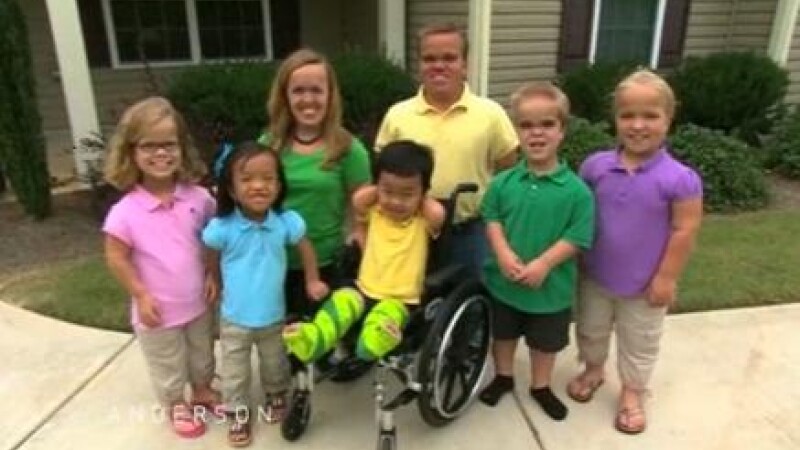 Disclosure of the secret of adoption against the will of the child's parents, for mercenary or other motives, falls under Art. 155 of the Criminal Code of the Russian Federation. nine0005
Disclosure of the secret of adoption against the will of the child's parents, for mercenary or other motives, falls under Art. 155 of the Criminal Code of the Russian Federation. nine0005
As consultant Trubitskaya explained, now the Schools for Adoptive Parents explain that the secrecy of adoption is not the right decision, because the child has the right to know that he has biological parents. Nevertheless, according to the consultant, there are adoptive parents who, when taking a baby, change not only his first and last name, but sometimes his place and date of birth.
“It is important that the secret can be both from strangers and from the child himself. And even if he somehow finds out about it in adulthood, the chances of finding out his origin are reduced to zero if his parents do not give permission. And it doesn’t matter how old the adopted child is: 18 or 40, ”Trubitskaya said. But, nevertheless, according to the personal observations of a specialist, more and more adoptive parents choose to raise their children in openness, without secrets, realizing that often everything secret becomes clear.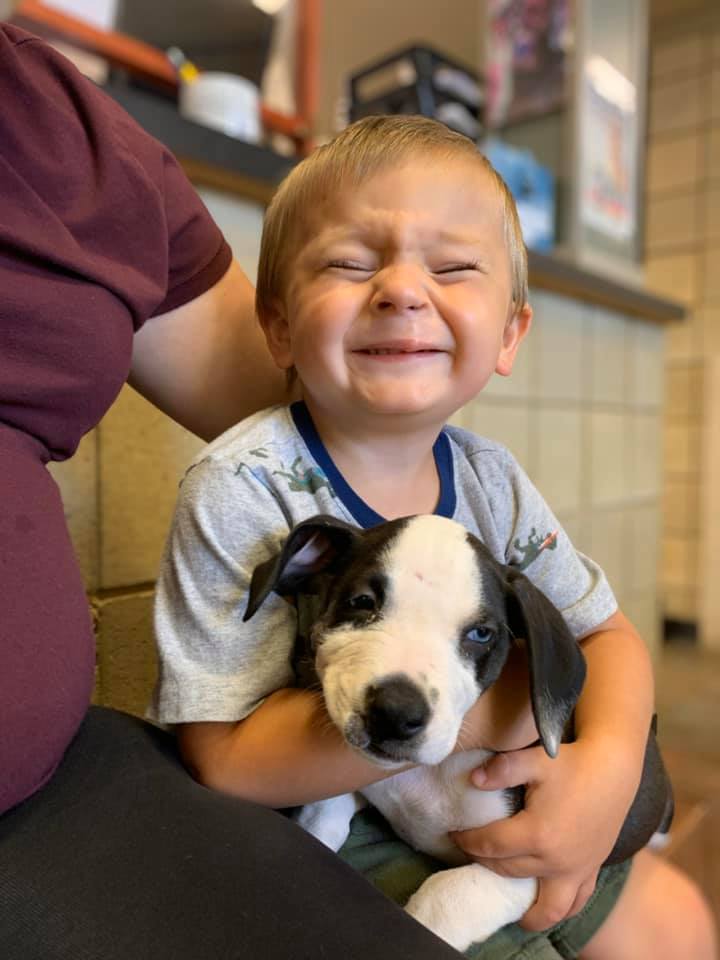 And such information can be a serious shock for an adult. nine0005
And such information can be a serious shock for an adult. nine0005
adoption procedure, conditions, documents, rights and obligations of adoptive parents
Tamara Skokova
creates a benefit for the family
Author profile
As of the beginning of 2021, 37 thousand children were brought up in Russian orphanages.
In the understanding of many people, "to adopt a child" means to take an orphan from an orphanage. However, from a legal point of view, everything is not so simple. Today in Russia there are several forms of family placement for children, and they are regulated differently by law. nine0005
I worked in the guardianship and guardianship authorities for 17 years, 14 of them as a head. In the article I will tell you who and under what conditions has the right to take a child into a family, what documents are required for adoption and how the procedure takes place.
What is the adoption of a child
In Russia, there are several forms of placement of orphans and children left without parental care. Federal legislation establishes three main ones: adoption, guardianship and guardianship, foster family. At the regional level, others may be provided, but so far this is only patronage. Briefly describe how they differ from each other. nine0005
Federal legislation establishes three main ones: adoption, guardianship and guardianship, foster family. At the regional level, others may be provided, but so far this is only patronage. Briefly describe how they differ from each other. nine0005
Custody and guardianship. The most common form of placement, often used as an intermediate step on the path to adoption.
Guardianship Law
Guardianship is established for children under 14 years of age, and guardianship is established for minors from 14 to 18 years of age. Guardians and trustees have all the rights and obligations of a legal representative in matters of upbringing, education, maintenance of the child and responsibility for him.
Unlike the guardian, the guardian is liable for harm caused by the ward. He is also obliged to make all transactions on behalf of the ward, except for those that the child can conclude personally: for example, these are donation transactions when a minor receives some thing or money as a gift.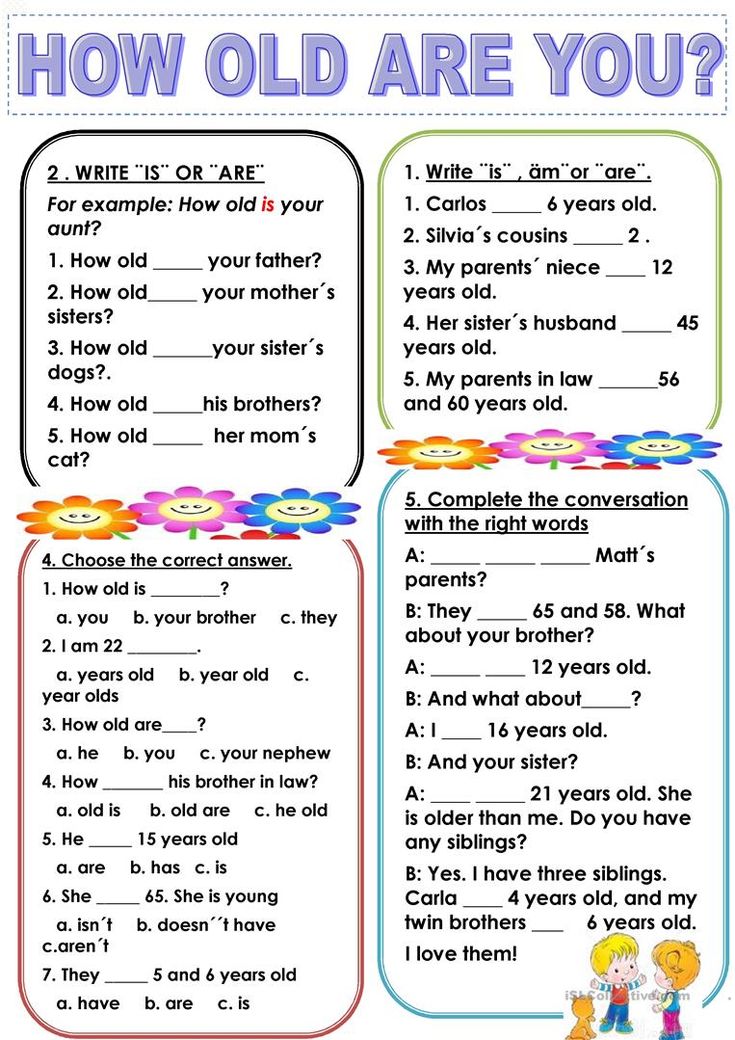 nine0005
nine0005
Art. 1073, paragraph 2 of Art. 26 of the Civil Code of the Russian Federation
The trustee usually must give consent to the transactions of the ward, with a few exceptions: for example, minors aged 14 to 18 years have the right to independently manage their income or make small household transactions.
Art. 12.1 of the Federal Law on state benefits to citizens with children
p. 3 art. 38.1 of the Social Code of the Belgorod Region
Monthly allowance is paid to the guardian and trustee for the maintenance of an orphan child. Its size depends on the region: for example, in the Belgorod region, where I live, in 2022 the allowance is 10,310 R.
In addition, guardians are entitled to a one-time payment from the federal budget - 22,472.77 RUR. This amount is set for all guardians from the Russian Federation, regardless of place of residence.
Lump-sum allowance when a child is brought up to a family
If a child is brought up by a guardian or trustee, the biological parents are not released from the obligation to support him and must monthly transfer alimony to his personal account: the amount of alimony is determined by the court.
st. 148, paragraph 2 of Art. 71 SK RF
At the same time, the guardian decides whether the biological parents will be able to communicate with the child, but if the child is 10 years old, then his opinion will also be taken into account.
Art. 148.1 SK RF
Foster family. This form of arrangement is similar to guardianship, but in addition to child support and a lump sum payment, foster parents also receive remuneration for their work.
Art. 152 SK RF
The amount depends on the region of residence. For example, in 2022 in Moscow it is 18,150 R, and if a family accepts a child with a disability, then the amount of the payment will be higher - 30,885 R.
Clause 2.5.1 of Appendix 1 to the Decree of the Government of Moscow on establishing the amount of social benefits for 2022
In the Belgorod Region, foster parents are paid 8288 R per month for the first child taken in by the family, and for each subsequent adopted child the amount is increased by 20%.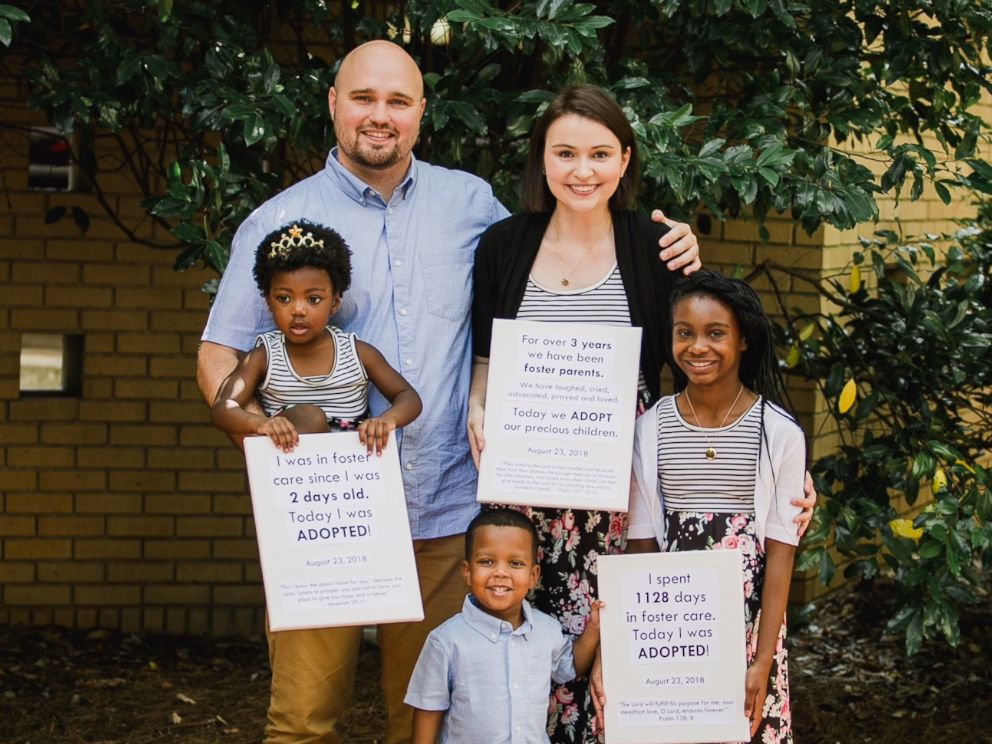 If a family accepts up to four children, the remuneration is paid to one of the parents, five or more children to both. In rural areas, there is still a monthly supplement of 25% of the remuneration due to foster parents. Foster parents have more privileges than guardians: they are provided with a 50% discount on utility bills, fuel, gas, telephone. nine0005
If a family accepts up to four children, the remuneration is paid to one of the parents, five or more children to both. In rural areas, there is still a monthly supplement of 25% of the remuneration due to foster parents. Foster parents have more privileges than guardians: they are provided with a 50% discount on utility bills, fuel, gas, telephone. nine0005
item 5 art. 148.1 SK RF
Law of the Belgorod Region on Foster Family
Law of the Belgorod Region on Amendments to Article 2 of the Law of the Belgorod Region "On Foster Family"
The seniority can be accrued to both one parent and both - it all depends on who has concluded a civil law contract with guardianship.
Art. 7 Federal Law on compulsory pension insurance
The foster child and biological parents can communicate. Foster parents have the right to prevent this only if communication does not meet the interests of the child.
paragraph 5 of art. 148.1 SK RF
Patronage . Foster care is a relatively new form of family structure, in which the rights and obligations to protect the rights of children are delimited between the foster caregiver and the guardianship and guardianship authority. Laws supporting patronage have been adopted in 42 constituent entities of the Russian Federation, for example, in Moscow, Vladimir, Kaluga, Ivanovo and Kaliningrad regions. nine0005
Foster care is a relatively new form of family structure, in which the rights and obligations to protect the rights of children are delimited between the foster caregiver and the guardianship and guardianship authority. Laws supporting patronage have been adopted in 42 constituent entities of the Russian Federation, for example, in Moscow, Vladimir, Kaluga, Ivanovo and Kaliningrad regions. nine0005
Laws and regulations on patronage in Moscow, Vladimir, Kaluga, Ivanovo, Kaliningrad regions shelter.
The child is transferred to foster care under a fixed-term contract. The period of stay in the family is set individually: it can be a short period - up to six months or a long one - over six months. The maximum term is until the minor reaches the age of eighteen. nine0005
For a long time, a child is placed in a foster family only if, for some reason, it is impossible to transfer the child to a guardian, trustee or foster family. In this case, the foster family receives a monthly allowance from the state for the maintenance of the child.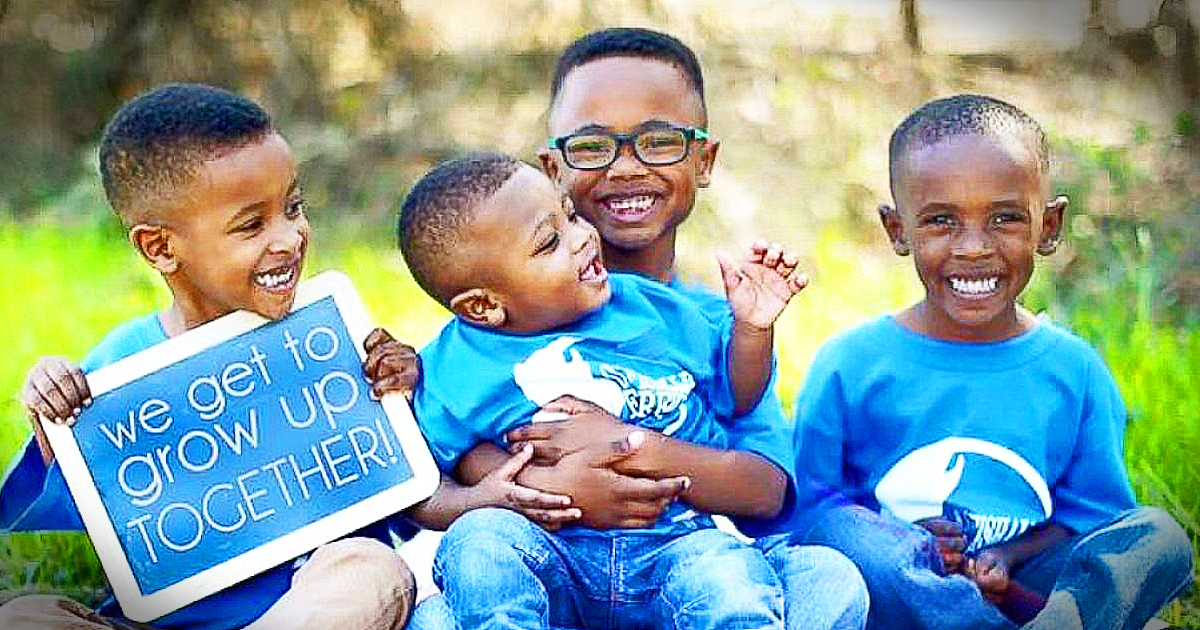 The amount is similar to that allocated for guardianship and guardianship. But the right to receive a one-time allowance when a child is adopted into a family does not apply to foster parents.
The amount is similar to that allocated for guardianship and guardianship. But the right to receive a one-time allowance when a child is adopted into a family does not apply to foster parents.
Foster care gives the child the opportunity to prepare for an independent adult life - this is difficult to do in an orphanage. But this form of arrangement has one big drawback - children often become attached to new families and parting with it causes them stress. With all this, the child does not lose touch with the blood family: he can maintain relations with his parents, if they are not deprived of parental rights and do not pose a danger to him, brothers, sisters and other people significant to him. nine0005
/list/sos-dd/
9 uncomfortable questions about orphans
Adoption. The Family Code of the Russian Federation considers this form of placement of children a priority: only it allows you to most effectively ensure both the interests of the child and the interests of foster parents.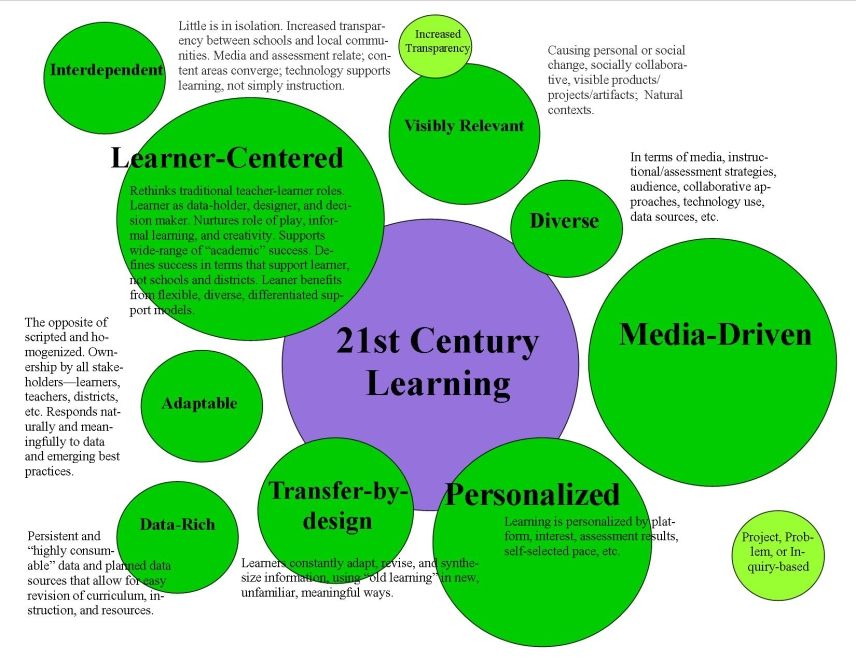
Adoptive parents completely replace the child's parents. Here there is no such temporary nature of upbringing as in guardianship, guardianship or when transferring a child to a foster family. The state does not provide adoptive parents with any special assistance, with the exception of social support measures established in each subject separately, as well as measures that are provided to all families with children on a general basis. nine0005
Adoptive parents can change the child's first and last name. For children under one year old, even the date of birth can be changed, but not more than three months from the actual one. This happens in order to ensure the secrecy of the adoption, as well as for other reasons, if the court considers them valid. In my practice, there was such a case: the spouses raised an adopted boy born on September 8, 2007, and then adopted a girl born on July 25, 2007. The adoptive parents asked the court to change the boy's date of birth to July 25, 2007, so that the children could be considered twins. The court granted the request. nine0005
The court granted the request. nine0005
Art. 139 SK RF
art. 155 of the Criminal Code of the Russian Federation
In many regions, adoptive parents receive benefits for an adopted child. To apply for it, you must apply to the guardianship authorities at the place of residence. For example, in the Belgorod region, the amount of the allowance depends on how much money was allocated for the monthly maintenance of a child in an orphanage in the current year, the adoptive parent is entitled to 50% of this amount. And in the Stavropol Territory, a monthly allowance for adoptive parents is not provided, but a lump sum payment is made - 150,000 R.
cl. 1 art. 60 of the social code of the Belgorod region
art. 2 of the Law of the Stavropol Territory on the amount and procedure for assigning a lump-sum allowance to adoptive parents
In Moscow, the monthly compensation payment to persons who have adopted or adopted an orphan child or a child left without parental care in the city of Moscow is:
- 18 937 R for each child from 0 to 12 years old who is not a disabled child;
- 25 249Р for each child from 12 to 18 years old who is not a child with a disability;
- R 31,561 for each disabled child.
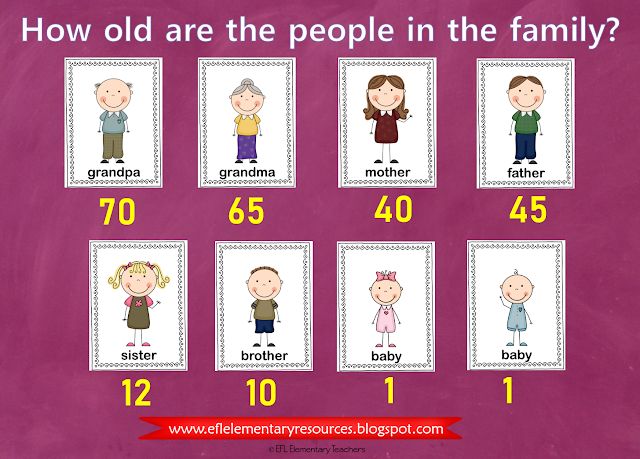
Clause 2.9 of Appendix 1 to the Decree of the Government of Moscow on establishing the amount of social payments for 2022
Also, adoptive parents are entitled to a lump sum allowance, which is issued for all forms of family placement. From February 1, 2022, this is 20,472.77 R. But in the case of the adoption of a disabled child, a child over seven years old, as well as children who are brothers or sisters, the allowance will be higher - 156,428.66 R. To receive a payment, you need to apply to the Pension Fund at the place of residence. nine0005
Lump-sum allowance when a child is placed in a family for upbringing
What is the difference between the forms of placement of a child in a family
| Form | Who is considered the child's parents | What rights do carers have | What are the duties of caregivers | How the state supports child caregivers |
|---|---|---|---|---|
| Adoption | Adoptive parents | The rights of adoptive parents are identical to those of natural parents | Obligations of adoptive parents are identical to those of natural parents | Adoptive parents receive payments provided by the regional authorities.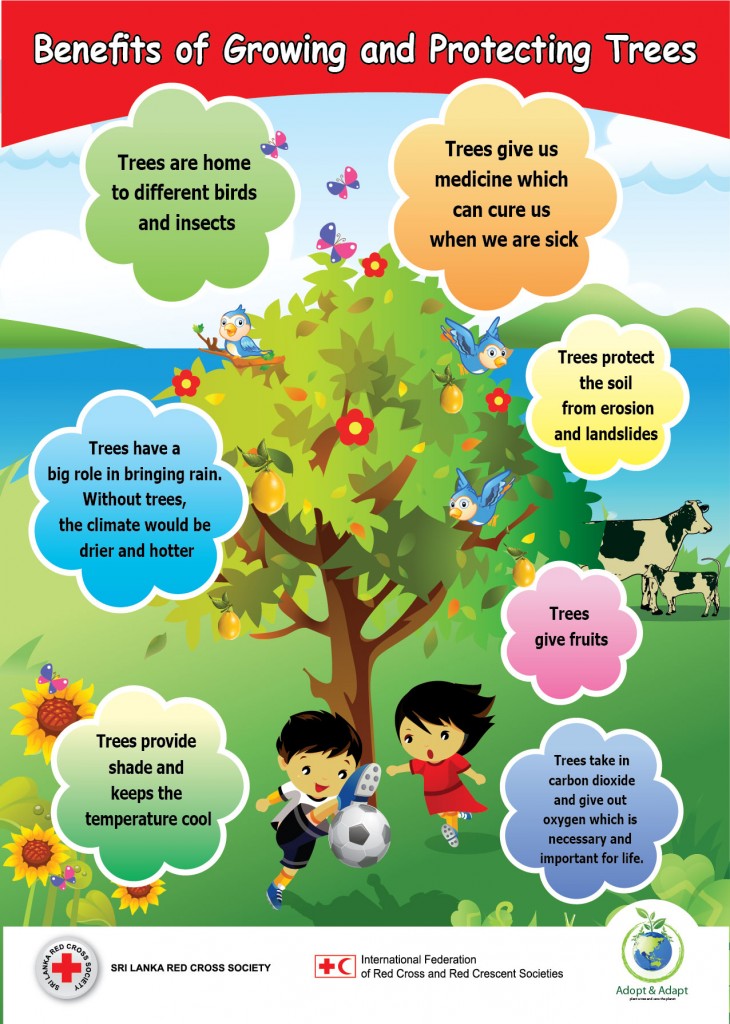 Also, adoptive parents receive the right to use maternity capital, if it was not used by the birth mother, and all child benefits in accordance with age. A child who at the time of adoption has the right to a pension and benefits due to the death of his parents retains this right after adoption Also, adoptive parents receive the right to use maternity capital, if it was not used by the birth mother, and all child benefits in accordance with age. A child who at the time of adoption has the right to a pension and benefits due to the death of his parents retains this right after adoption |
| Custody and guardianship | Blood family | The guardian or custodian has the right to raise the child and act as his legal representative | Guardians and trustees are obliged to take care of the maintenance of the wards, to provide them with care and treatment, to protect their rights and interests. At the same time, biological parents are not released from the obligation to pay alimony | Guardians and trustees receive a one-time allowance upon adoption of a child into a family, allowance for the maintenance of a ward, alimony payments, survivor's pension, if it is due to the child |
| Foster family | Blood family | Similar rights as under guardianship | Similar duties as under guardianship | The foster family receives a one-time allowance when the child is adopted into the family, a monthly remuneration to the foster parent for the performance of duties and an allowance for the maintenance of the child in the guardian's family, depending on the legislation of the region, and utility benefits. The period while the child is in the family is counted towards the foster parents in the insurance period The period while the child is in the family is counted towards the foster parents in the insurance period |
| Patronage | Blood family | Determine the daily routine of the pupil, resolve current issues of the pupil's life in accordance with the plan for the protection of the rights of the child and the concluded agreement | Raise a child, protect his rights and legitimate interests, take care of his health and development | The amount of payment for a foster caregiver is determined by a fixed-term employment contract in the region. The monthly payment to foster care providers for the maintenance of an orphan child or a child left without parental care is established by each region separately |
Adoption
Who is considered the parents of the child
adoptive parents
What rights arise in people to care for the child
Rights of adoptive parents are identical to blood parents
What are the obligations to ensure care of child
Obligations of adoptive parents are identical to those of natural parents
How the state supports caregivers
Adoptive parents receive benefits provided by the regional authorities. Also, adoptive parents receive the right to use maternity capital, if it was not used by the birth mother, and all child benefits in accordance with age. A child who at the time of adoption is entitled to a pension and benefits due to the death of his parents retains this right after adoption
Also, adoptive parents receive the right to use maternity capital, if it was not used by the birth mother, and all child benefits in accordance with age. A child who at the time of adoption is entitled to a pension and benefits due to the death of his parents retains this right after adoption
Custody and guardianship
Who is considered the child's parents
Blood family
What rights do caregivers have?
What obligations do persons who provide care for a child have? At the same time, biological parents are not released from the obligation to pay alimony
How the state supports caregivers
Guardians and caregivers receive a one-time allowance for the adoption of a child into a family, support for the maintenance of a ward, alimony payments, survivor's pension, if the child is entitled to it
Foster family
5
5 Who is considered the child's parents
Blood family
What rights do caregivers have
Similar rights as in guardianship and guardianship
What are the obligations of persons providing care for a child
Similar obligations as in guardianship and guardianship
How the state supports persons providing care for a child
The foster family receives a one-time allowance for the adoption of a child in a family, a monthly remuneration to the adoptive parent for the performance of duties and allowance for the maintenance of a child in the family of the guardian, depending on the legislation of the region, benefits for utilities. The period while the child is in the family is counted towards the foster parents in the insurance period
The period while the child is in the family is counted towards the foster parents in the insurance period
Employment
Who are considered the child’s parents
Blood family
What rights do caregivers have
Determine the child’s daily routine, resolve current issues of the child’s life in accordance with the contract and child protection plan
What are the responsibilities of those who provide care for a child
Raise a child, protect his rights and legitimate interests, take care of his health and development
How the state supports child caregivers
The amount of payment for a foster caregiver is determined by the region's fixed-term employment contract. Monthly payment to foster care for the maintenance of an orphan or a child left without parental care is established by each region separately
Who can adopt a child
Married couples or single adults can adopt a child: if citizens are not married to each other, they cannot jointly adopt the same child. nine0005
nine0005
Art. 128 SK RF
Decree of the Government of the Russian Federation on approval of the rules for the transfer of children for adoption
Another important condition is that a man or woman must reach the age of majority, and the age difference between the adopter and the child must be at least 16 years. But if the adoptive parents are a married couple, and the age difference is less than the established norm with only one of them, then the guardianship department may, as an exception, give consent.
Other requirements for an adopter:
- Legal capacity: own and spouse, if any.
- Absence of conviction for grave and especially grave crimes.
- A health condition that allows you to fulfill parental responsibilities: for example, a child will not be allowed to be adopted by patients with tuberculosis or people with disabilities of the first group.
- Home ownership or rental.
- Substitute parents have a school leaving certificate.
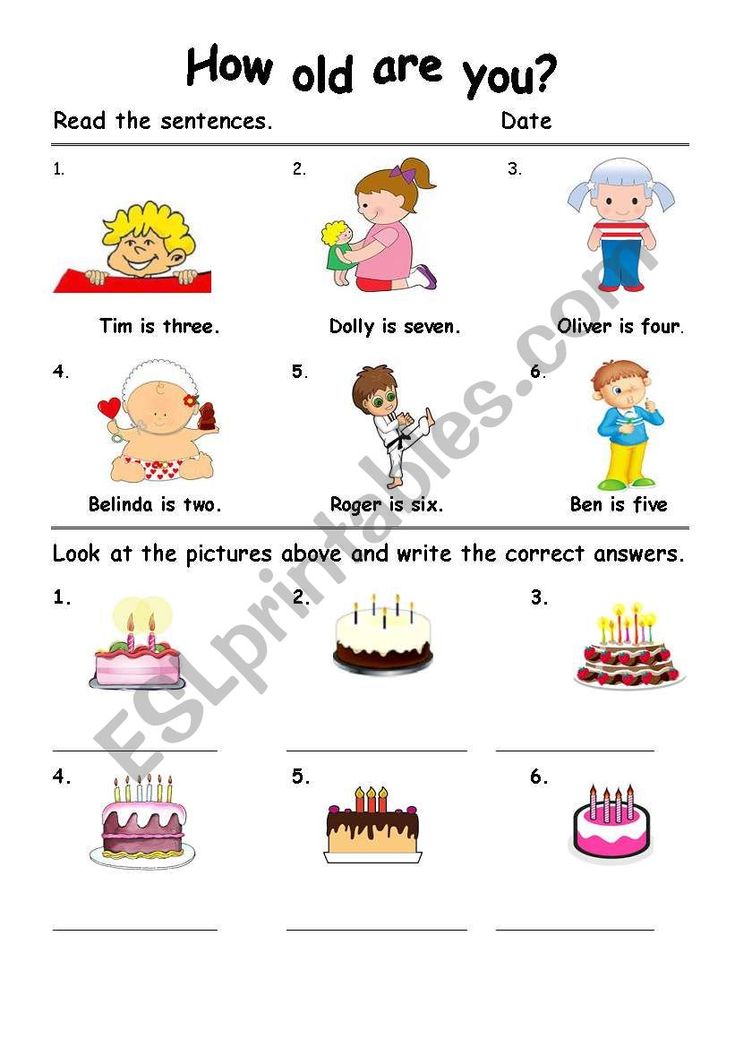
- No information about deprivation or restriction of parental rights, cancellation of adoption, removal from the duties of a guardian. nine0195
If there are several people who want to adopt a child, his relatives will have the priority right, but taking into account the interests of the adoptee: they are expressed in trusting relationships, attachment to relatives, long-term cohabitation.
Community 24.05.22
How is the secrecy of adoption protected in Russia?
Next, I will tell you what documents future parents will need to collect and how the adoption procedure goes.
Step 1
Get to know the guardianship authorities at your place of residence As a rule, there is an adoption specialist in each district municipality. He can work both at the education department and at the department of social protection of the population: this needs to be clarified in the social protection or education authorities at the place of residence.
In some cities, for example, in St. Petersburg, Vladimir, Krasnoyarsk, special adoption and guardianship centers have been created, where future adoptive parents are assisted in paperwork, passing medical examinations, and selecting children. Such an integrated approach greatly simplifies and speeds up the entire procedure. nine0005
Center for Family and Children Assistance, St. Petersburg
Center for the Development of Family Forms of Education, Krasnoyarsk
Center for Psychological, Pedagogical, Medical and Social Assistance, Vladimir
At the first visit, candidates for adoptive parents should simply talk with an employee of the guardianship authority is, in fact, an acquaintance. The task of a specialist is to listen to you, to find out the motive for adoption, to understand how fully you understand the responsibility of such a step, whether your housing, family and material conditions meet the requirements of the law. nine0005
The guardian must explain your future rights and obligations in relation to the adopted child, the procedure for the adoption procedure, answer your questions, and issue the necessary forms, referrals and a list of documents. Here it is:
Here it is:
- A copy of the adoptive parent's marriage certificate, if he is not married, then a copy of the birth certificate: sometimes the court asks him to see if the adoptive parent's surname has changed.
- Passport copies. nine0195
- Original and copy of the medical certificate for each of the adoptive parents.
- Certificate of criminal record or non-conviction.
- When a child is adopted by one of the spouses, the consent of the other spouse or a document confirming that the spouses have terminated family relations and have not lived together for more than a year.
- Certificate from the place of work on the position held and salary, or a copy of the income statement or other document confirming the income of the adoptive parent or family of adoptive parents. nine0195
- Documents confirming the right to use the residential premises or the ownership of the residential premises.
- Certificate of completion of training for persons wishing to adopt a child left without parental care into their family.
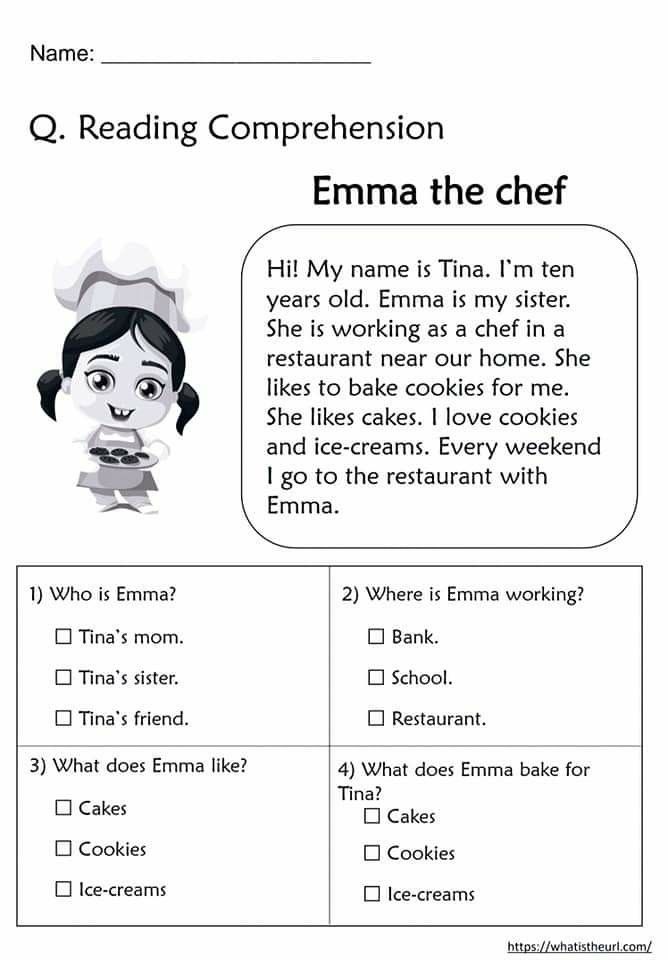
- Curriculum vitae (needed only for the guardianship authority).
The main part of the documents is required to obtain an opinion from the guardianship authorities on the possibility of being an adoptive parent. Later, they will also be needed to apply for adoption to the court. Documents for the child will be prepared by guardianship officials. nine0005
Step 2
Obtain a certificate of no criminal recordI recommend that you start collecting documents from this certificate. Since the request is sent to the Main Information Center of the Ministry of Internal Affairs, a response will have to wait from a week to a month.
An application for issuing a certificate can be filled out at the MFC or independently on the public services portal.
/guide/ne-sudim/
Why do you need a certificate of non-conviction
To order a certificate through the public services portal, you need to go to your personal account and select the public service: "Obtaining a certificate of the presence (absence) of a criminal record. " Source: gosuslugi.ru This is what a certificate of no criminal record looks like
" Source: gosuslugi.ru This is what a certificate of no criminal record looks like Step 3
Pass a medical examinationPeople without serious health problems can take a child from an orphanage.
The list of diseases preventing adoption includes:
- Tuberculosis - patients of the 2nd and 3rd dispensary groups.
- Infectious diseases.
- Mental illnesses.
- Drug and alcohol addiction, substance abuse.
- Grade 3 and 4 malignancies.
- The first group of disability. nine0195
List of diseases that make it impossible to adopt a child
A referral form for a medical examination is issued by the guardianship and guardianship authorities along with a list of documents for adoption.
It will not be possible to pass an examination in private clinics: according to the law, only state medical institutions are engaged in this, and free of charge. The medical report will be valid for six months from the date of its approval by the chief physician or the head of the polyclinic. nine0005
nine0005
Medical examination procedure and conclusion form
What is included in the medical examination - public services website
To avoid misunderstandings, immediately after issuing the completed form, you must carefully check whether everything is in order with the execution. In particular, the conclusion of each doctor must be certified by the round official seal of the institution.
A list of examinations and examinations that you will definitely need to pass. Source: gosuslugi.ru Conclusion form, which is issued to future adoptive parentsStep 4
Obtain a certificate of income and positionApplicants for adoptive parents must prove to the specialists of guardianship authorities the ability to financially support the child.
To do this, you will need to provide a certificate from the place of work on salary and position or copies of the income declaration certified by the tax office. The certificate is prepared in free form indicating the salary and other payments for 12 months.
/prava/opecunam/
What rights do guardians have
Step 5
Write a CVCV is only for guardianship. It should reflect the main points of the life path: education, marriages and divorces, labor activity. Based on this information, the specialist judges the stability of the financial and family situation of the candidate for adoptive parents, as well as his experience of communicating with children. An autobiography should not be too voluminous: one or two A4 pages is enough. The document can be either written by hand or printed on a computer. nine0005
CV must include:
- Personal information. Surname, name, patronymic; date and place of birth; information about parents or persons replacing them; information about sisters, brothers, if any; place of permanent registration and address of actual residence, if it differs from the address of registration.
- Education. Basic education - years of study, school number and city where one is located.
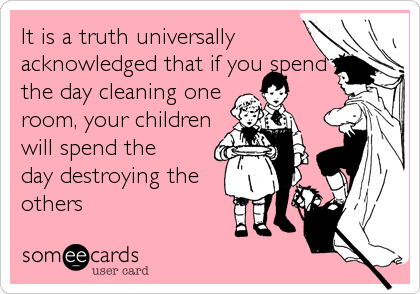 Higher education (if any) - years of study, name of the university, specialty. nine0195
Higher education (if any) - years of study, name of the university, specialty. nine0195 - Professional activity. Beginning of work experience - place of work and profession; listing periods of work and the name of employers, positions. The last place of employment is included with an indication of the position and salary; awards or events that positively characterize the candidate.
- Marital status. Family composition: spouse, children (last name, first name, patronymic, date of birth, occupation). Data on previous marriages and divorces (if any): information about spouses and children born in these marriages; the facts of changing the surname (if any) indicating the reason and the previous surname. nine0195
- Personal hobbies and additional information. Creative, sports, achievements in them; participation in public organizations, volunteer movement, awards and promotions; experience working with children or helping elderly relatives.
It is also necessary to briefly explain the reason for contacting the guardianship department.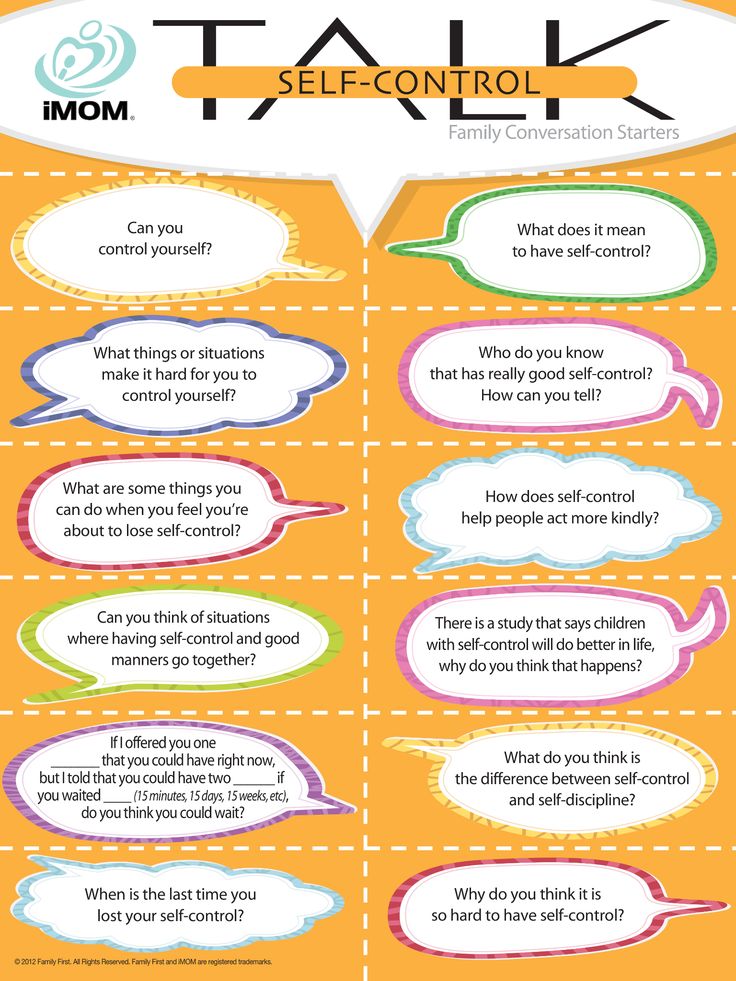
Step 6
Attend a course or foster parent training schoolThe list of required documents for adoption includes a certificate of completion of a psychological, pedagogical and legal training program or school for future parents. nine0005
Art. 127 SK RF
Only close relatives of the child, namely grandparents, older full and half brothers and sisters, stepfathers and stepmothers, as well as those who are already a guardian, trustee or adoptive parent, can not be trained.
At school, prospective adoptive parents are helped to understand whether they are ready for this serious step, and to figure out what form of guardianship will suit them; introduce the legislation, talk about the psychological difficulties that children and adults face both during the period of adaptation and after. nine0005
The length of study varies from school to school: a course can last from 56 to 80 academic hours. At the end, a final certification is carried out: after it, future adoptive parents will be issued a certificate of completion of training.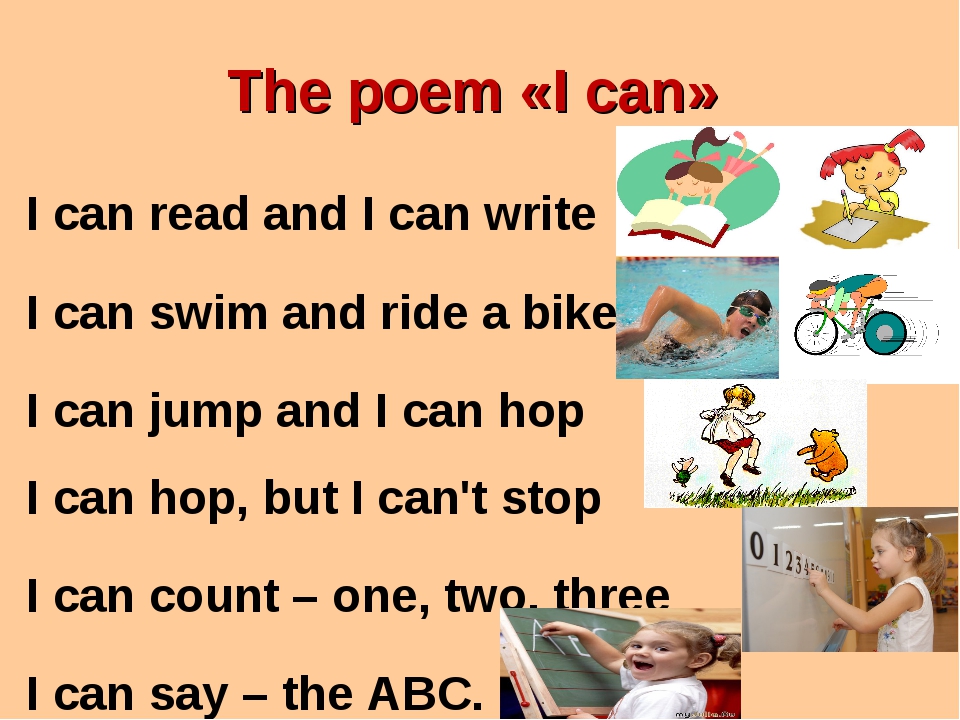
/child-custody/
I took three children from the orphanage
You can study for free at any school, regardless of the place of registration.
Foster Parent School Certificate FormStep 7
Get an act of checking housing conditionsWhen all the documents on the list are collected and transferred to the guardianship authorities, the adoptive parents will be assigned an inspection check of living conditions.
The guardian must inspect the housing and assess whether the child can live there. If other people live in an apartment or house in addition to the adoptive parents, guardianship workers will take an interest in their state of health and the relationship that connects them with the candidates for adoptive parents.
For verification, potential adoptive parents provide:
- An extract from the USRN confirming the ownership of housing or a contract of social or commercial employment.
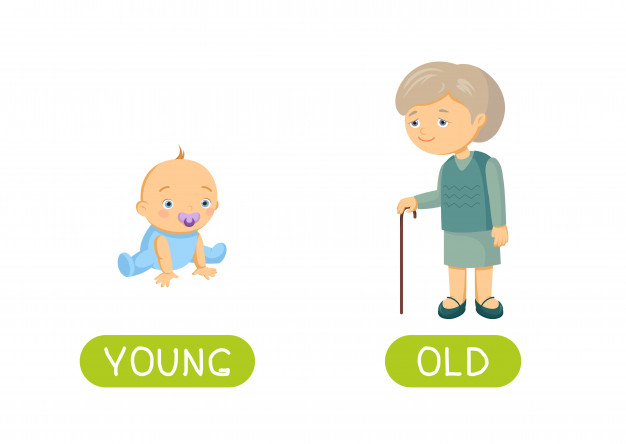
- Information on the number of residents registered in the housing area.
/guide/get-egrn/
How to get an extract from the USRN
Adoptive parents are not required to provide any other documents other than the above. The conclusion on the possibility of being a candidate for adoptive parents and registration takes place within ten days after checking the housing conditions. nine0005
What should be the place of residence of the adoptive parent. The place of residence of a person wishing to adopt a child does not have to coincide with the place of his registration. But it is necessary to have a permanent registration. If the candidate is renting an apartment, he must provide a lease for more than one year. If living with relatives - a written agreement between them for the right to use.
A room in a hostel or apartment cannot be considered a permanent place of residence, no matter how comfortable it may be. nine0005
nine0005
What should be the living conditions. In order for the child to live safely for his health and development, the living space of the adoptive parent must comply with sanitary standards. The main criterion is the availability of communal amenities: water supply, sewerage, central heating, gas supply, and so on.
Guardianship authorities can evaluate this without involving SES, BTI and other third-party organizations.
There are no federal restrictions on the size of housing for adoptive parents - the issue is at the mercy of the regions. For example, in Moscow, there should be at least 18 m² per person. But even when this rule is not observed, the final decision remains with the court: if the adoption is in the interests of the child, permission can be given to families with a smaller apartment area. nine0005
Art. 50 ZhK RF
Law on amendments to the RF IC
Step 8
Find a child for adoption To select a child, candidates can apply, at their choice, to any municipality in whose territory the orphanage is located, to a regional operator that is in each subject of the Russian Federation or in the Federal Data Bank on orphans and children left without parental care. But the law does not prohibit the independent search for a child in orphanages. You can also search for a child before the candidate receives a conclusion on the possibility of being an adoptive parent, but they will not give a referral to view the child until that moment. nine0005
But the law does not prohibit the independent search for a child in orphanages. You can also search for a child before the candidate receives a conclusion on the possibility of being an adoptive parent, but they will not give a referral to view the child until that moment. nine0005
Federal Child Data Bank
When and which child can be adopted. A child who has the status of an orphan, or a child left without parental care, can be adopted at least a day before his majority.
Requirements for adoptive parents do not depend on the age of the child they want to adopt. But if the case concerns a baby, whom the mother abandoned in the maternity hospital, then from her, as a legal representative, an additional statement of consent to adoption will be required. nine0005
Community 04/26/22
Is it possible to adopt an adult?
This is how the statement of consent to adoption looks like, which the biological mother writes in the maternity hospital What are the health groups of children during adoption. Health groups is a scale that determines the state of the body and the development of the child. This information is provided to adoptive parents by the regional operator of the database of orphans.
Health groups is a scale that determines the state of the body and the development of the child. This information is provided to adoptive parents by the regional operator of the database of orphans.
There are five health groups:
- The child is absolutely healthy. nine0195
- Practically healthy children without chronic diseases, but with some functional disorders. For example, children who have had severe and moderate infectious diseases, children with a general delay in physical development without endocrine pathology - short stature, low or overweight. The same group includes frequently ill children and children with noticeable consequences of injuries or operations.
- Children with mild treatable pathologies and chronic diseases with rare exacerbations who are in remission at the time of the examination. nine0195
- Children with chronic diseases, injuries or operations that limit the child's life or require supportive care.
- Children with disabilities.
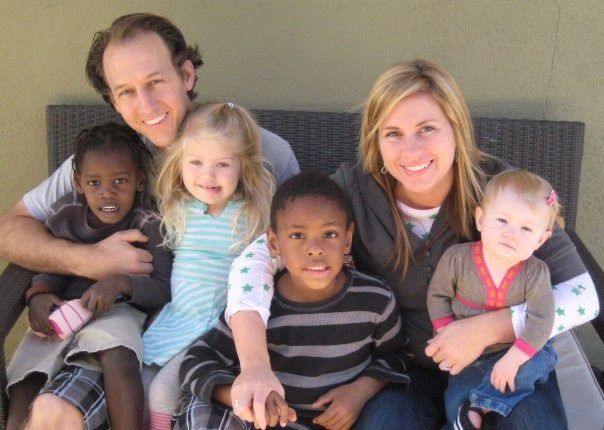
Pathologies in children are not an obstacle to adoption. However, before you take a child with a complex diagnosis, you need to soberly assess the strengths and capabilities. It is better to consult with specialists in advance on how to organize the process of education. You can also discuss this topic with foster parents whose families have children with similar diagnoses. nine0005
In reality, completely healthy orphans are rare. Children of the 1st-2nd health group, as a rule, are babies, who are abandoned in the maternity hospital by very young mothers. Basically, children of the 3rd group are taken to families, and orphans of groups 4-5 more often remain in children's homes.
/plastic-lids-help-kids/
How I became a foster mother to three girls
How is the meeting with the child. After the child is found, prospective adoptive parents go to the guardianship to which the specific institution belongs, or to the operator of the regional data bank through which the information was received, clarify the details and request a referral for a face-to-face visit. nine0005
nine0005
The referral is valid for 10 days, during this time, future parents can see the child one or more times, talk with his caregivers, pediatrician, psychologist. A conversation with the institution's specialists takes place before meeting the child. If, after this conversation, the failed parents turn around and leave, the child will not be traumatized by failure.
The number of referrals issued is not limited by law, that is, the search continues until the future adopter finds "his" child. A child who is ten years old will also have to express his opinion: agree in writing to a family placement or refuse it. nine0005
Art. 132 SK RF
At the end of the ten-day period, the candidate for adoptive parents will have to write on the direction one of the words that can radically change their future life: “I refuse” or “I agree”. If it was possible to find contact with the child and the consent in the guardianship authorities was recorded, the next step is to file an application with the court.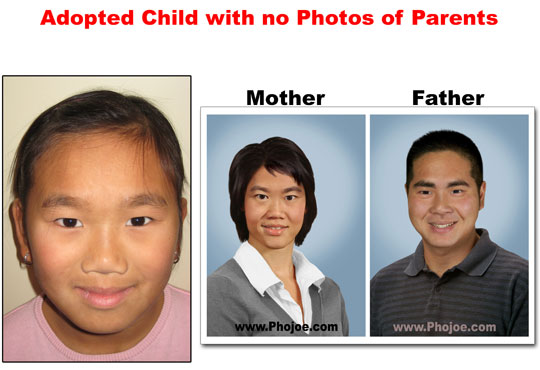
Step 9
Apply for adoption to the courtThis is a rather formal process: you need to come to the court during office hours, submit the documents according to the list, get their list in your hands and wait for the notice of acceptance of the case for proceedings, appointment of the court date. You don't need to pay state duty. nine0005
sign. 14 p.1 art. 333.36 TC RF
By law, the period for consideration of an application should not exceed two months from the date of its acceptance in the office. But the judges, as a rule, schedule a hearing for the next possible day.
How is the court session. Adoption cases are handled in a special manner. The adoptive parent, the representative of guardianship, the prosecutor and the child, if he is over 14 years old, must necessarily participate in the process.
/prava/prava-deti/
Rights of children under 18 years of age
Usually, a court decision enters into force 10 days from the date of issue: only from this time do mutual rights and obligations arise between the adoptive parent and the child.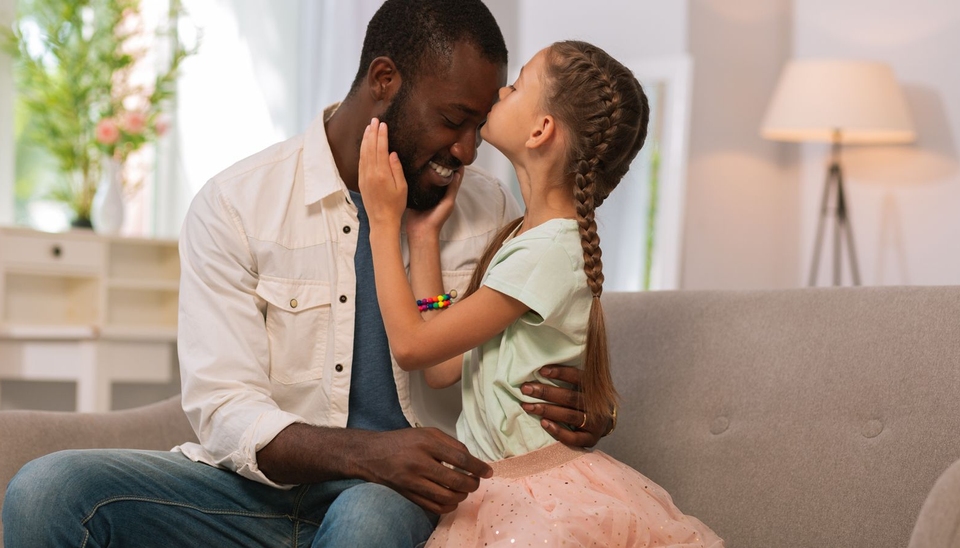 If there are special circumstances and there are no objections on the merits of the case from all the participants, the judge may decide on the immediate execution of the decision: for example, if something threatens the life and health of the child and he needs urgent hospitalization.
If there are special circumstances and there are no objections on the merits of the case from all the participants, the judge may decide on the immediate execution of the decision: for example, if something threatens the life and health of the child and he needs urgent hospitalization.
An adopted baby can be taken home immediately after a positive adoption decision has been made by the court. At the same time, the maternity hospital must issue a postpartum sick leave from the date the decision enters into force when the baby reaches the age of 70 days, and when adopting two or more children - 110 days. A sick leave is needed to apply for maternity leave at the work of one of the adoptive parents. nine0005
Art. 157 of the Labor Code of the Russian Federation
Step 10
Obtain an adoption registration certificateTo do this, you need to contact the registry office: they will issue an adoption certificate and a new birth certificate of the child.
ch. V Federal Law on acts of civil status
V Federal Law on acts of civil status
The child is registered at the place of residence of the adoptive parents.
When can an adoption be canceled and parental rights deprive
Most often, cancellation occurs due to the guilty behavior of the adoptive parents. For example, if they shirk parental responsibilities, abuse their rights, abuse a child, abuse alcohol or take drugs. nine0005
A claim for the annulment of an adoption may be filed by the adoptive parents themselves, the guardianship and trusteeship authorities, the prosecutor and the child if he has reached 14 years of age.
Art. 142 SK RF
However, the court has the right to cancel the adoption even if there are no violations on the part of the parents.
Such cases include the identification of a child's hereditary developmental abnormalities that make it difficult or impossible to bring up. As a rule, when receiving an expert medical opinion on an adoptee, the future adopter confirms in writing his consent to familiarize himself with the diagnosis of the child and the history of the mother. If the violation was not listed in the document and appeared later, or the adopter for some reason was not notified under the signature about the presence of a pathology in the child, the adoption may be canceled. nine0005
If the violation was not listed in the document and appeared later, or the adopter for some reason was not notified under the signature about the presence of a pathology in the child, the adoption may be canceled. nine0005
/guide/lishenie-parent/
Why they can deprive of parental rights
But in practice, I came across the fact that foster parents became attached to children and even when a serious illness was detected, they left them in the family.
Adoption in brief
- Before adopting a child, you need to analyze your motives, weigh the pros and cons.
- When visiting guardianship authorities and other authorities, be sure to ask and write down the last name, first name, patronymic of the specialist, as well as his position. You are required to provide this information. This way you will show that you are competent in matters of communication with officials and are able to appeal against illegal actions.
